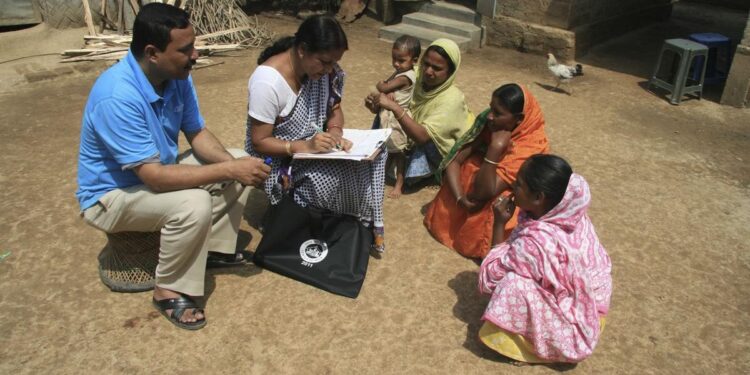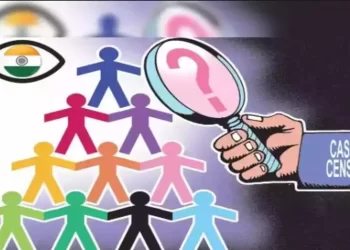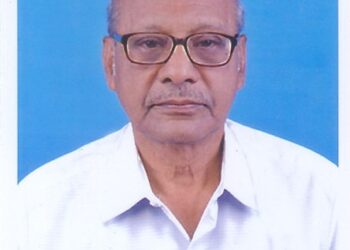S.Prince Ennares Periyar
Thousands of reservation cases are pending before the courts. Among them, there are many cases filed seeking additional reservation and internal reservation. No concrete information is presented to the court to decide them – because the government itself does not have such information.
The demand to enumerate case in the census taken once every ten years has been rising since the early days of independent India. The Kaka Kalelkar Commission, the first commission for backward classes, also called for caste-wise census to identify backwardness.
Castewise census was taken and published till 1931 in British India. (It is noteworthy that a resolution was brought in the 1927 non-Brahmin youth conference to change what was marked as Shudra.)
Since then, castewise enumeration has not been completely ignored in the census of independent India from 1951 to 2001. Details of SC/ST have been compiled and published. But it was the ruling Brahmin lobby that prohibited the collection of data on the backward classes as well.
Caste is not prohibited under the Constitution of India. Whether we accept it or not, caste is at the root of everything in India society, especially Hinduism, which is the majority religion, of course pseudo majority. Caste is the important factor that determines the social, economic and educational development of people. So, doesn’t government need information about people to understand their condition to make development plans for them?
When cases of reservation come up in the courts, the courts themselves demand the same. When the government decreed the request to give reservation to the Marathas in Maharashtra, the court asked whether there was any data for that.

After persistent efforts by social justice activists, the then UPA government decided to conduct socio-economic survey in the 2011 census and started it. But before its results were collated and organised, the regime changed and the BJP-led NDA coalition came to power.
NITI Aayog refused to disclose information received. Later, the BJP government filed an affidavit in the court stating that the data was confusing and erroneous and stopped publishing that information. Even when the question of 2021 census came up, it was dodged.
In this situation, the Nitish Kumar-led Bihar government had announced that it would conduct a survey instead of conducting a census in 2021. (According to the Constitution of India, only the Union Government can enumerate the census.) On October 2 this year, it released the survey report they had collected.
This has caused a stir across the country. Political observers are describing this situation as the Mandal again standing in opposition to the BJP, which thought it could face the 2024 elections by keeping the Ram temple issue (Kamandal-II).
The findings of the caste survey, given the nod by the Bihar cabinet in February 2023, showed that Backward Classes (BC) constitute 27.12 per cent. Extremely Backward Classes (EBC) 36.01 per cent, Scheduled Castes (SC) 19.65 per cent, Schedule tribes (ST) 1.69 per cent and general 15.52 per cent of the population in Bihar. The allegation that the reservation of only 27 per cent seats for the backward classes who are actually above 63 per cent by showing the 50 per cent ceiling has now gained strength. The rulers fear that the people will now question the 10 per cent reservation for EWS over and above the 50 per cent ceiling, which the Supreme Court has approved without asking for the quantifiable data which it asked for other cases related to reservation.
Communal Reservation will be the complete solution till the eradication of caste in India. A castewise census would be the right way to do that.









